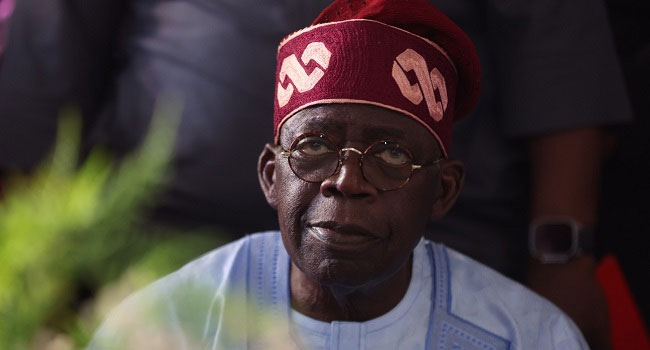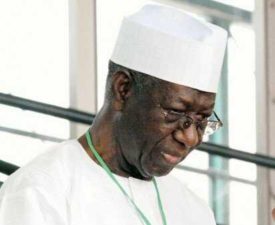By KEMI KASUMU
The National Economic Council (NEC), on Thursday, agreed on palliative measures for Nigerians as a way to mitigate effects of the fuel subsidy removal and the recent repeated increases in pump prices of the commodity to N568 and N617/litre across the country.
The meeting, held at the Council Chamber of the State House in Abuja, was presided over by Chairman of the NEC and Vice President of Nigeria, Senator Kashim Shettima, with all governors of the 36 states of the Federation being members in attendance.
The Director General of the Nigerian Governors’ Forum, as well as stakeholders from the World Bank and other agencies of government also took path in the meeting.
NEC also considered integrity tests on state social registers, and said cash transfers would be done via state social registers subject to state peculiarities.
During the meeting, government officials were urged to reduce the cost of governance in their various spheres. This is even as the Federal Government initiated a six-month cash award policy for public servants.
Food items like grains and fertilisers are to be distributed by state governments at the rate acquired from National Emergency Management Agency (NEMA) and states are urged to double down on energy transition plans in the transport sector.
President Bola Tinubu had unveiled his administration’s plan for a monthly N8,000 cash transfer to 12 million poorest households in the country for six months, in a bid to cushion the effects of the fuel subsidy removal.
The plan was contained in a letter read recently on the floor of the Senate requesting to take $800 million loan from the World Bank for a social safety net programme of the Tinubu administration.
The Federal Government, however, has succumbed to pressure from the criticisms the more poverty generating policy of N8,000 will cause to the targetted 12 million poor households in an accidented economy of N855 to $1 and N568/N617 per litre economy.
Some of the critics are asking President Tinubu how he arrived at the point that only 12 million Nigerian households are poor and how he is sure that each of the 12 million households he thinks are poor does not have with it dependants that will not benefit from the household share.
Tinubu is also asked how such household can survive on N8,000 per month (N53 per day) palliative where singularly the President, who they say should be servant of the people, lives affluently on state resources to the point of moving around with fully fuelled cars numbering 100.
Tinubu is also being asked how anytime palliative is done, government thinks about the workers or civil servants only, who do not constitute up to five percent of the entire population of Nigerians but leaves the masses of other Nigerian people to wallow in abject poverty.
To the critics, this bad condition of the people is caused mainly by insensitive policies of government they either voluntarily or involuntarily elected to manage their resources for their own good but persistently failed.
Our findings revealed that the President’s political base of Lagos has continued to witness untold hardship caused by non-state actors for instance agbero and other classes of mediocre, who still determine how much food items are sold and fares of transportation without him putting a check.
These criticisms and more may have led to decision of the administration to review the N8,000 per month hithert9 planned for each of 12 milliin households in the country.




